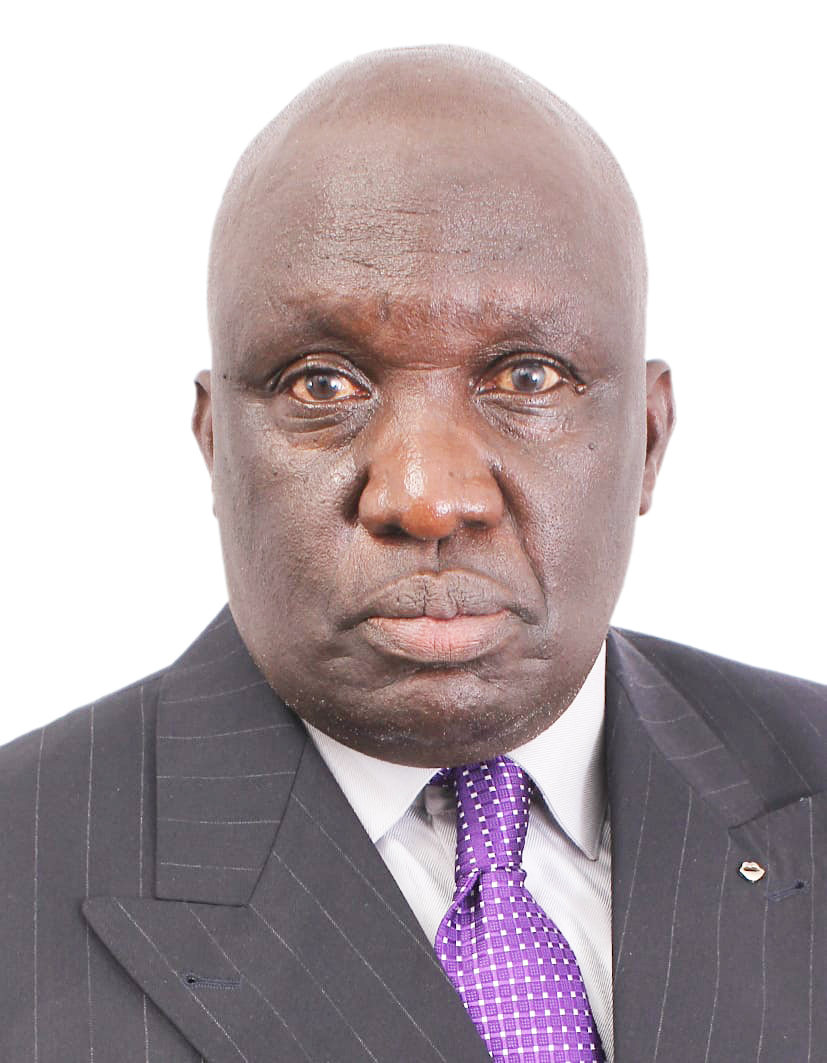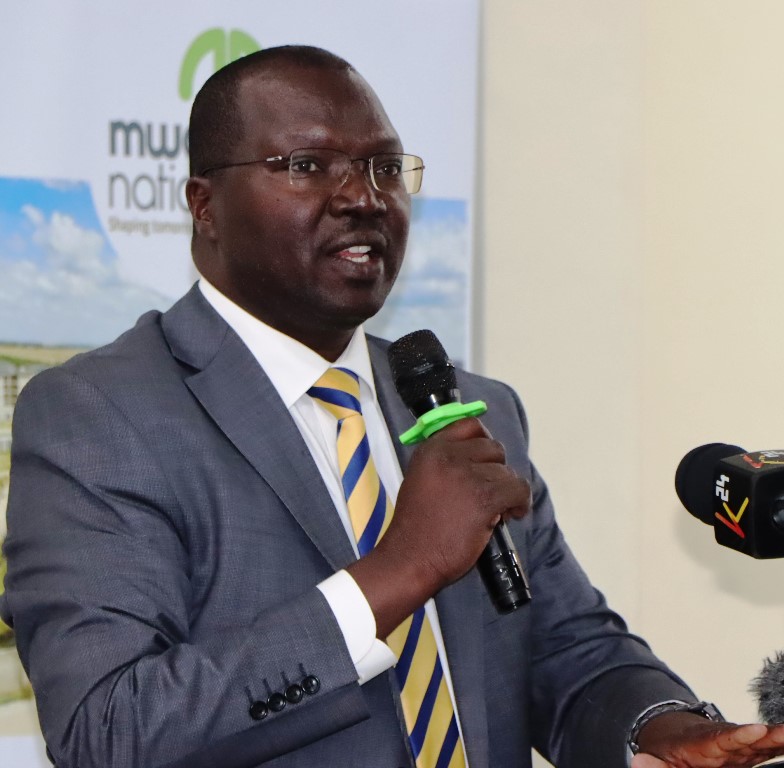One of the reform measures introduced by the Ministry of Cooperatives upon operationalisation of the Cooperative Societies Act, No 12 of 1997 was the creation of DCDCs vide a Commissioner’s Circular letter.
This came in the wake of diminished donor funding to the sector due to what was infamously referred to as “donor fatigue”.
The situation was further exacerbated by the decision by the development partners to channel their limited support through what was dubbed “movement-to-movement” structure.
In order to circumvent the imminent breakdown in the sector, the Commissioner for Cooperative Development issued a Circular letter to all Districts (as they were then known) in late 90s directing them to constitute DCDCs to fill the void occasioned by the withdrawal of donor support.
The said DCDCs were to assume some key functions hitherto supported by donors including education and training in the sector.
Another key objective was the sensitisation to Districts to synergise and network through establishing joint platforms for shared services in line with the cooperative principle numbers five (5) and six (6) namely “education, training and information” and “cooperation among cooperatives”, respectively.
Under this new arrangement, Districts were obligated to open Education Kitties (Bank Accounts) to which cooperatives made regular contributions to sustain effective education and training of their stakeholders.
I was working in Thika District then and was appointed Secretary to the fledgling outfit!
It was during this period that I engaged the late Kibanga Murungi Manyara to educate Thika cooperatives on cooperative laws generally and more specifically on the then newly-enacted CSA No.12 of 1997. The impact he made was unprecedented!
In a nutshell therefore, the idea to create DCDCs was to build capacity of the cooperative sector so they could truly become “member-centric” organisations as acknowledged worldwide!
On the flipside, the proposed Intergovernmental Cooperative Relations Technical Forum that is to be created as provided in the Cooperative Bill, 2024 claws back the intention behind creation of DCDCs.
It is proposed to be an Authority to facilitate consultations between the National Government and the cooperative directors from across the country under the chairmanship of the Commissioner.
The key stakeholders, the cooperatives are left out except the apex body that is to attend as an ex-officio member implying there would be some voting of sorts!
READ ALSO:
The drafters of this Bill should remember that the reason for repealing the CSA of 1966 was to whittle down the powers of the Commissioner who, among others things, could dissolve elected committees and replace them with management commissions comprising civil servants and Kanu politicians of the time!
What is evident from this Bill is that, the drafters merely customised the provisions of the Intergovernmental Relations Act, 2012, that creates the framework for harmonising working relationships between the National and county governments.
Again, since this proposed outfit is basically administrative in nature, there is absolutely no justification for it to be anchored in an Act of Parliament.
The same should be re-named “Intercounty Cooperatives Technical Relations Forum” and be a creation of the Commissioner vide a Circular letter in exercise of his delegated authority!
All in all, it should be borne in mind by all, that there exists a checklist for enacting cooperative laws and the underlying criteria if such laws should mirror the universally accepted cooperative principles!
Remember too that, the underlying legal principle in legislative-making process is the proposed laws must respect the tenet of longevity since laws should stand the test of time!
I will create time to dissect the Act once it has been enacted into law since the process of public participation is limited and there is no guarantee that memoranda submitted by the public can make any fundamental amendments to the Bill as is.
By Fred Sitati
Co-operative Movement Consultant
Get more stories from our website: Sacco Review.
For comments and clarifications, write to: Saccoreview@
Kindly follow us via our social media pages on Facebook: Sacco Review Newspaper for timely updates
Stay ahead of the pack! Grab the latest Sacco Review newspaper!


